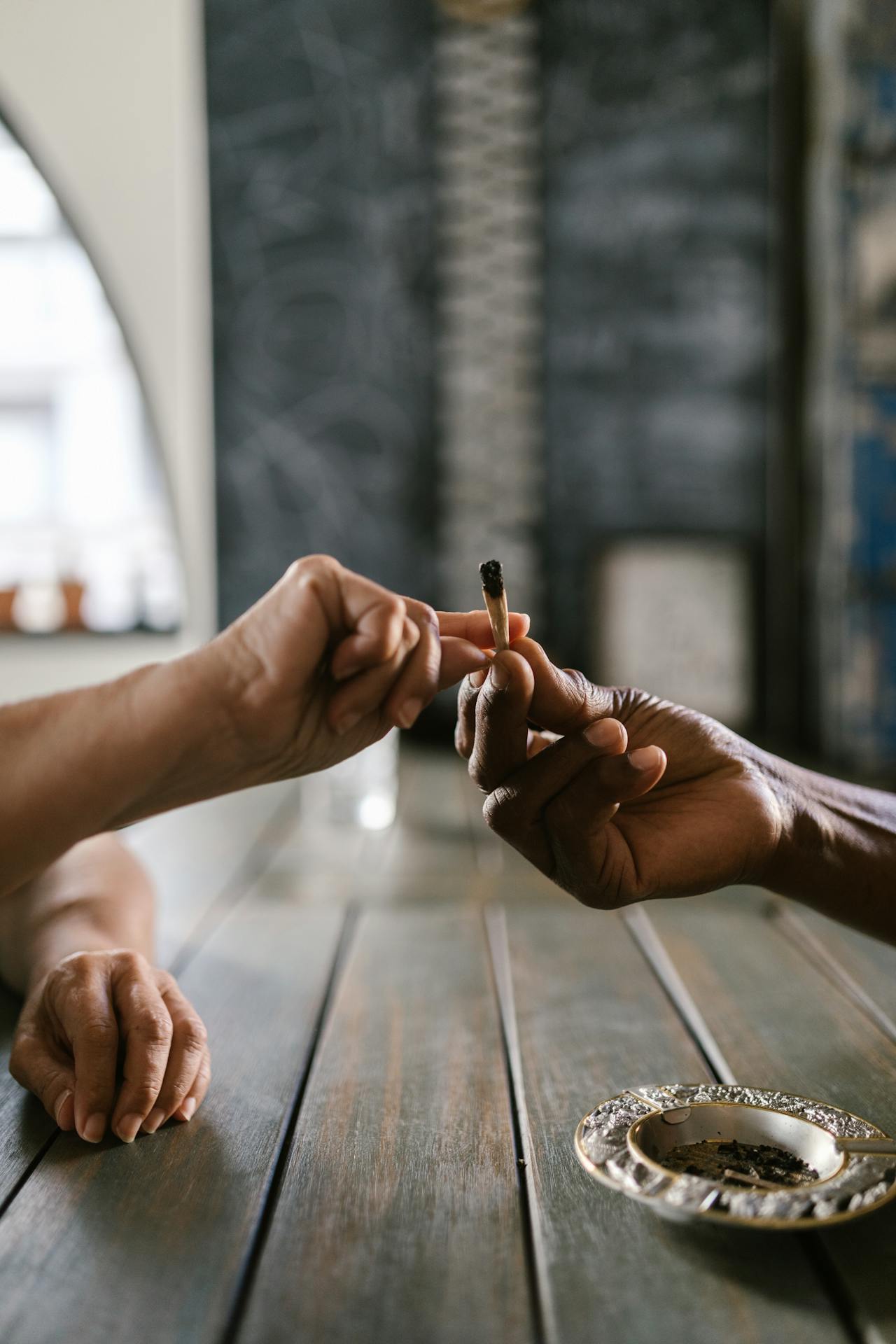Parenting in the Age of Hidden Addictions is a Silent Struggle
A child growing up today experiences a world vastly different from the one their parents knew. The rules of belonging have changed, the exposure has multiplied, and the silent invitations to experiment are everywhere—hidden in the sleek packaging of luxury smokes, the deceptive harmlessness of vaporizers, and even the aisles of pharmacies where cough syrups promise a quick escape. But it doesn’t stop there. Today, new-age addictions have emerged, from nicotine pouches to flavored snus, cannabis-infused edibles, designer drugs marketed as party enhancers, and prescription stimulants repurposed for focus and energy. The accessibility of these substances, both online and offline, has transformed the nature of addiction into something discreet, trendy, and dangerously normalized.
For parents, this presents an unimaginable challenge. Their upbringing, rooted in structured discipline and clear boundaries, feels powerless against the maze of modern influences. Their instincts tell them to set rules, enforce control, and eliminate access. But the more they tighten their grip, the further their child slips away—seeking secrecy, crafting lies, and creating an illusion of obedience while navigating addiction in the shadows.
The Clash of Eras
Most parents grew up in a time when addiction had a distinct face—visible, extreme, and easily condemned. It was associated with alcohol, cigarettes, or hard drugs. But today, it is packaged as sophistication, hidden under layers of trendiness, or worse, justified as harmless exploration. A vaporizer isn’t a cigarette, it’s a ‘flavor experience.’ Cough syrup isn’t a drug, it’s ‘just medicine.’ Nicotine pouches, often mistaken for gum, provide a quick hit without the smoke. Cannabis-infused snacks and energy-boosting pills are sold as lifestyle enhancers rather than gateways to dependency. This rebranding of substances makes recognition difficult, leaving parents feeling blindfolded in a battle they never trained for.
Meanwhile, the idea of ‘belonging’ has evolved. Social media and peer culture no longer influence but dictate identity. For a teenager, refusing a luxury smoke at a high-end gathering isn’t just about saying no to addiction—it’s about risking exclusion from a circle they aspire to be part of. The fear of missing out (FOMO) isn’t just emotional; it shapes real-world actions, making experimental indulgence necessary for social survival.
When Control Backfires
Rules, curfews, and bans are the default tools most parents use when faced with danger. But addiction thrives in secrecy, and control fuels rebellion. A strict no-tolerance policy often doesn’t prevent the habit but pushes it underground. The child learns to hide better, be more careful, and perfect the art of deception.
Moreover, an authoritarian approach reinforces the ‘us vs. them’ divide. When a child feels that their reality isn’t understood, they stop confiding in their parents altogether. The result? A deeper descent into substances as a coping mechanism—be it for validation, stress relief, or sheer defiance.
The Exclusive Challenges Parents Face
1. Misinformation & Deceptive Marketing
Modern addictive substances are positioned as lifestyle choices rather than dangers. Vaporizers are marketed as ‘safe,’ designer drugs are sold as ‘herbal,’ and influencers subtly normalize indulgence. Parents, unaware of the depth of this manipulation, often struggle to identify the real threat.
2. Social Status Pressure
Addiction isn’t always driven by personal inclination It can be a ticket by social status. Children today don’t just face peer pressure; they face aspirational pressure. ‘fitting in’ has layers of materialism, aesthetics, and exclusivity. Denying these experiences might feel like a moral victory for a parent but a social death for a child.
3. Emotional Isolation in Families
Many parents assume presence equals connection. A child surrounded by family can still feel emotionally isolated. If they can’t discuss their fears, identity crises, or their anxieties without the risk of judgment, they will seek external comfort—often in the wrong places.
4. The Unseen Influence of Media
Traditional media, movies, music videos, and even literature glorify indulgence in subtle ways. The ‘mysterious rebel’ archetype is romanticized, the excess is celebrated, and characters who abstain are often sidelined. Parents who grew up with clear distinctions between right and wrong now struggle with this blurred moral narrative their children consume daily.
5. Fear of Stigma & Societal Judgment
Parents often hesitate to seek help or acknowledge the issue, fearing judgment from relatives, schools, or society. The concern isn’t just about the child but about how the family will be perceived. This delay in addressing the problem of addiction can turn a temporary experiment into a full-blown addiction.
A Shift in Approach
Control alone is a failed strategy. Fear-based parenting creates distance; ignorance creates blind spots. The need is not for stricter rules but for deeper conversations. Understanding the evolving landscape of addiction, recognizing the subtle cues, and fostering a space where a child feels safe to talk rather than hide—that is the real challenge. And perhaps, the only solution.
Because the worst addiction isn’t just to substances—it’s to silence.
Dr. Sowmya uncovers the hidden struggles of modern parenting in the face of evolving addictions. She helps parents see beyond control, offering clarity in a world where influence and exposure shape choices.
Suggested Reading The Weight of the Unseen Consequences
